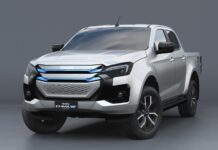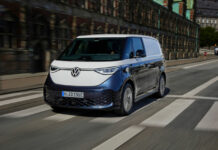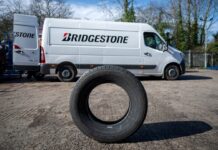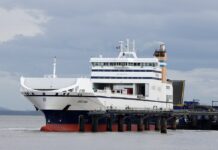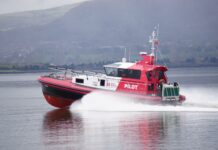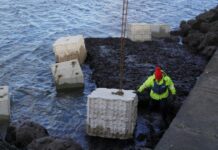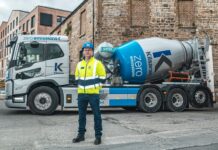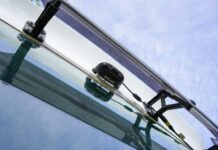Thermo King has introduced the new Athenia MkIII heating, ventilation and air conditioning (HVAC) roof units for diesel and CNG buses.
The new range features advanced technology and design to maximise passenger comfort, while reducing operating costs and environmental impact with lower fuel consumption, noise and carbon footprint.
 “Thermo King is known for closely collaborating with bus OEMs and bodybuilders. We have always been developing our solutions based on their needs and tailored to their bus types,” said Peter Hansen, product leader Marine, Rail and Bus HVAC at Thermo King.
“Thermo King is known for closely collaborating with bus OEMs and bodybuilders. We have always been developing our solutions based on their needs and tailored to their bus types,” said Peter Hansen, product leader Marine, Rail and Bus HVAC at Thermo King.
“With the Athenia MkIII Series we are delivering high performance, optimal temperature control and airflow that combined with fresh air control create maximum comfort for the passengers and staff. At the same time, we lower operating costs due to increased component lifetime, reduced unit weight, enhanced fan technology and better control.”
 The new Athenia MkIII units offer higher blower speed and higher maximum cooling performance thanks to the optimized position of the evaporator and the blowers, are lighter than the predecessor contributing to lower fuel consumption and carbon footprint and generate low operating noise to enhance passenger comfort and minimize impact in noise-sensitive urban areas.
The new Athenia MkIII units offer higher blower speed and higher maximum cooling performance thanks to the optimized position of the evaporator and the blowers, are lighter than the predecessor contributing to lower fuel consumption and carbon footprint and generate low operating noise to enhance passenger comfort and minimize impact in noise-sensitive urban areas.
They also feature customizable CANAIRE control system with ergonomically designed LCD driver panel to control the A/C roof units as well as driver’s area front-box and the preheater. The flexible system handles up to seven temperature zone for single, articulated or double articulated buses, while the AdvanTech Fresh Air control option uses built in CO2 sensors to manage the intake of fresh air based on internal aur quality measurements.
They are compatible with bus roofs with a radius from flat to 7.5m and feature an ergonomic design to give easy access to components, minimizing installation, maintenance and service costs, and come in cool only or cool/heat versions as well as a wide range of cooling capacities, making them suitable for operation in cool, mild or hot climates.


